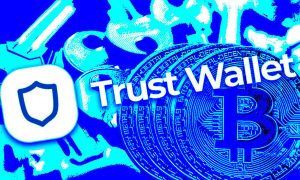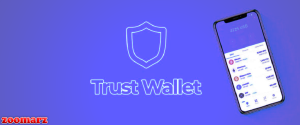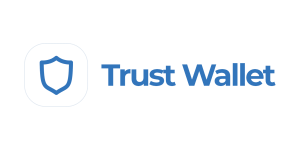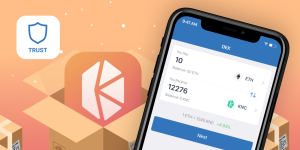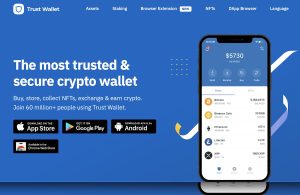Who controls Trust Wallet?
Trust Wallet is a decentralized wallet, meaning users control their own private keys and funds. The app is developed and maintained by a team under Binance, but it does not have access to user assets or data.
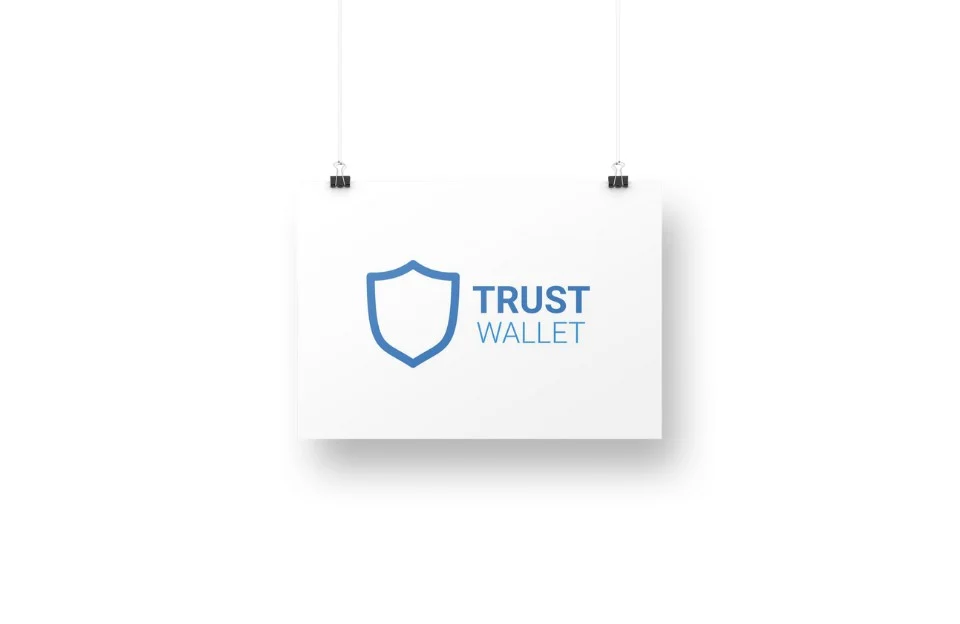
Ownership of Trust Wallet
Binance Acquisition of Trust Wallet
-
Acquired by Binance: Trust Wallet was acquired by Binance in July 2018. Binance, one of the world’s largest cryptocurrency exchanges, took ownership to integrate a secure, user-friendly wallet into its ecosystem.
-
Operational Independence: Despite the acquisition, Trust Wallet operates as a non-custodial wallet. Binance owns the brand, but it does not have access to users’ private keys or funds.
-
Support and Growth: Binance supports Trust Wallet’s development, helping it expand its features, blockchain support, and security infrastructure while maintaining user autonomy.
Role of Trust Wallet’s Original Founders
-
Founded by Viktor Radchenko: Trust Wallet was founded by Viktor Radchenko in 2017 with the goal of creating a simple, secure mobile wallet for Ethereum and ERC20 tokens.
-
Vision of Decentralization: The founder designed Trust Wallet to give users full control over their crypto assets, ensuring private keys are stored locally and not controlled by any third party.
-
Continued Influence: Although Binance owns Trust Wallet, the founding principles of user empowerment, security, and decentralization remain central to its ongoing development and community focus.
User Control Over Private Keys
Private Key Storage on Local Devices
-
Local Security Model: Trust Wallet stores all private keys locally on the user’s mobile device. This means that only the user has access to these keys, ensuring full ownership and control over their funds at all times.
-
No Cloud Backup: Private keys are never uploaded to any servers or cloud storage. The wallet operates entirely on the device, minimizing risks of centralized data breaches or hacks.
-
Recovery Phrase Management: During wallet creation, users receive a 12-word recovery phrase. This phrase is crucial for restoring access and must be stored securely by the user, as it is the only backup.
No Third-Party Access to User Funds
-
Non-Custodial Design: Trust Wallet is a non-custodial wallet, meaning it does not hold or manage any user funds. All transactions are authorized and signed by the user directly on their device.
-
No Developer Access: Even though Trust Wallet is maintained by a development team, they have no way to access user wallets or interfere with private keys or balances.
-
Full User Responsibility: Users are solely responsible for managing their private keys and recovery phrases. Trust Wallet provides tools for security but does not control or recover funds on behalf of users.

Trust Wallet’s Decentralized Nature
How Trust Wallet Supports Decentralization
-
Non-Custodial Wallet Model: Trust Wallet does not hold or manage user assets. All private keys are stored locally, and only the user can authorize transactions, reinforcing the principles of decentralization.
-
Direct Blockchain Interaction: Users interact directly with blockchain networks through Trust Wallet. There is no intermediary or central authority involved in sending, receiving, or managing assets.
-
Decentralized App Access: Trust Wallet includes a built-in dApp browser and supports WalletConnect, allowing users to engage with decentralized applications and DeFi services without centralized restrictions.
User Autonomy in Managing Assets
-
Full Asset Control: Users have complete control over their cryptocurrencies. They can send, receive, stake, or trade assets without relying on third-party services or permissions.
-
Custom Token Addition: Trust Wallet allows users to add any ERC20, BEP20, or other custom tokens manually by entering token details, providing flexibility to manage diverse assets.
-
Independent Wallet Management: Wallet creation, backup, and recovery are entirely handled by the user. There is no need for account registration or verification, emphasizing user independence in managing funds.
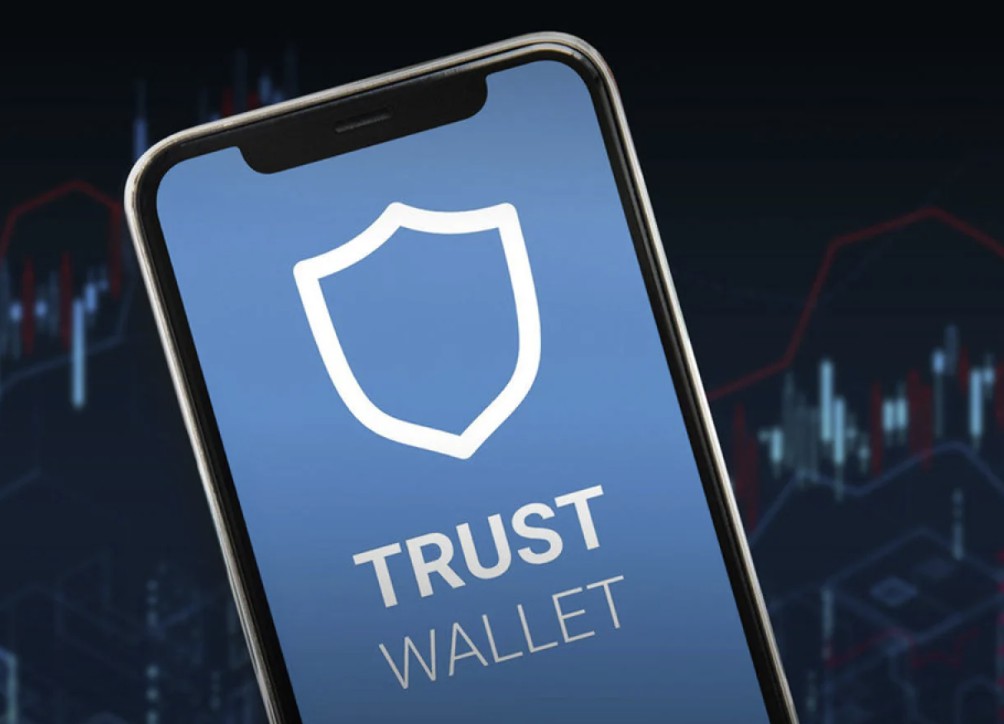
Trust Wallet Development Team
Ongoing Updates by the Trust Wallet Team
-
Regular Feature Enhancements: The Trust Wallet development team consistently releases updates to improve functionality, security, and blockchain compatibility. These updates ensure that users have access to the latest features and support for new tokens.
-
Security Improvements: Each update includes important security patches, addressing vulnerabilities and strengthening the wallet against potential threats, ensuring a safe environment for users.
-
User Experience Optimization: The team focuses on enhancing the user interface and performance, making Trust Wallet more intuitive and efficient across different mobile platforms.
Community Involvement in Wallet Improvements
-
Open Feedback Channels: Trust Wallet actively engages with its community through forums, social media, and GitHub, encouraging users to provide feedback and suggest new features or improvements.
-
Open-Source Contributions: Parts of Trust Wallet are open-source, allowing developers from around the world to contribute code, identify bugs, and propose enhancements, fostering transparent development.
-
Community-Driven Roadmap: The development team considers community input when setting priorities for future updates, ensuring that the wallet evolves in line with user needs and industry trends.
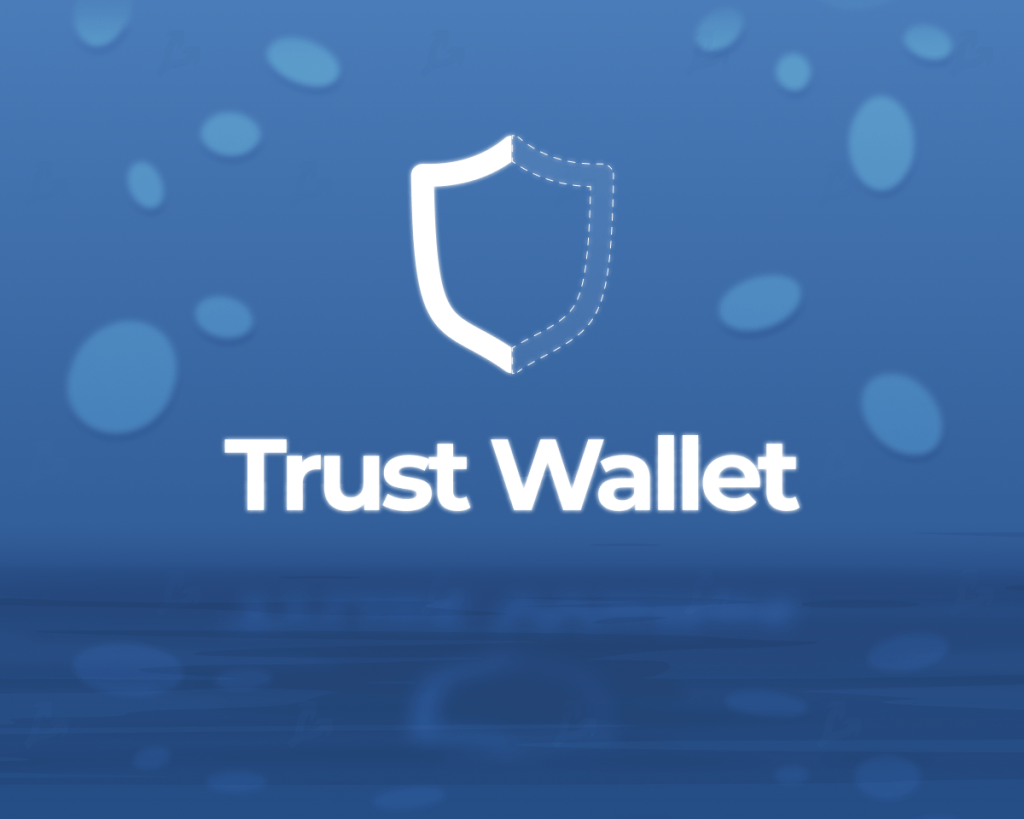
Trust Wallet Open-Source Elements
Open-Source Components in Trust Wallet
-
Public Codebase: Parts of Trust Wallet’s code, especially its core wallet functionalities, are open-source and available on platforms like GitHub. This allows developers to review, audit, and contribute to the project.
-
Community Development: The open-source nature of Trust Wallet invites global developers to participate in its evolution. They can suggest features, submit patches, and help improve the wallet’s performance and security.
-
Transparency in Features: With access to the code, users and developers can understand exactly how Trust Wallet operates, how transactions are processed, and how data is managed within the app.
Transparency Benefits for Users
-
Trust Through Visibility: Open-source projects build user trust because anyone can inspect the code, ensuring there are no hidden processes or malicious elements within the wallet.
-
Enhanced Security: The open-source model allows independent security experts to audit the code regularly. This collective scrutiny helps identify and fix vulnerabilities faster than closed-source alternatives.
-
User Empowerment: Transparency empowers users by giving them confidence in how their private keys are handled and how their assets are secured, reinforcing Trust Wallet’s commitment to decentralization and user control.
